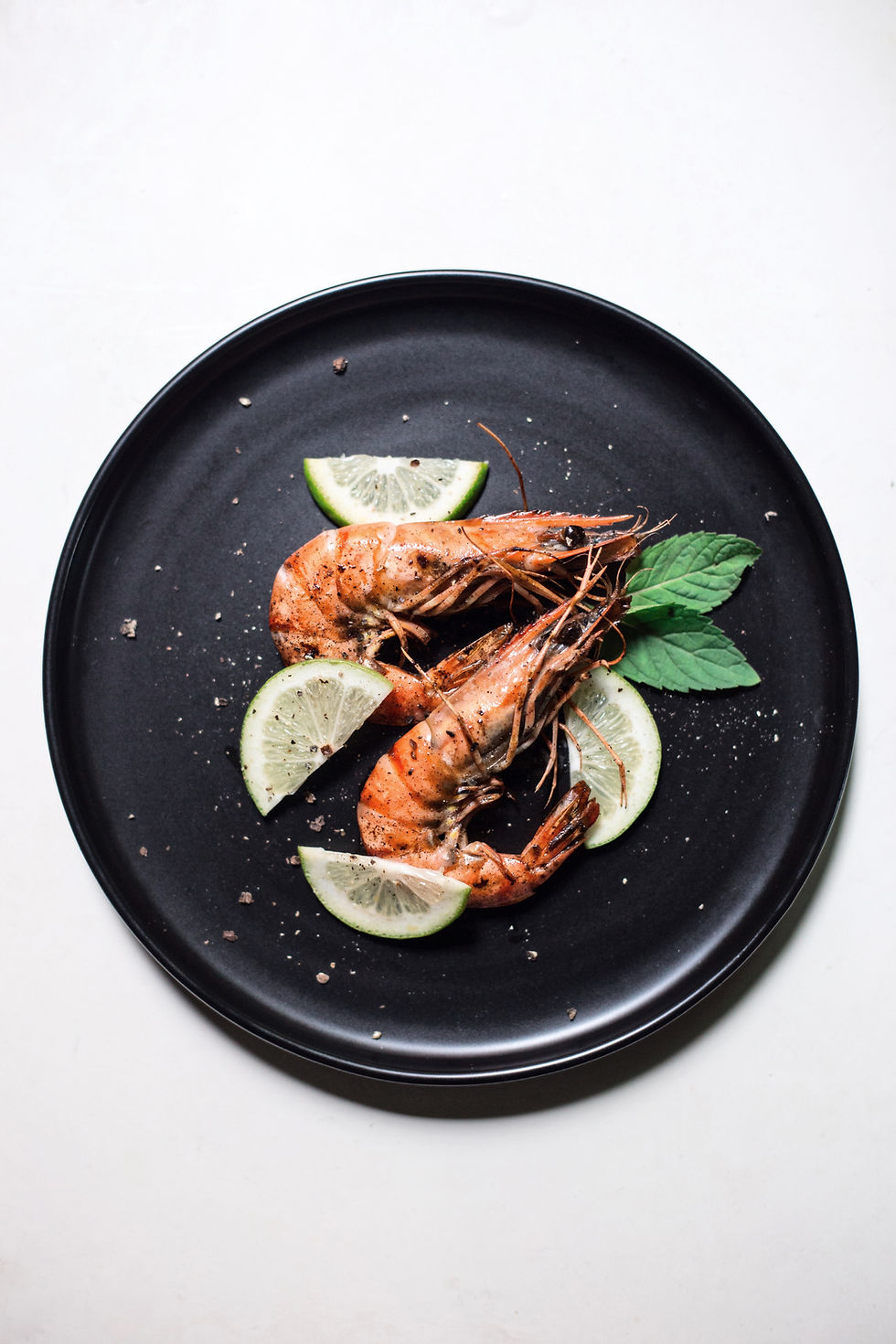The connection between skin health and blood glucose levels
- Rajani Katta MD
- Nov 30, 2016
- 2 min read
Updated: Aug 16, 2020

Studies have shown that elevated blood glucose levels may be linked to an older appearance.
We've made so many advances in dermatology, but there are some conditions that no cream, pill, or laser treatment can help. For some conditions, you have to work from the inside out. One of my patients was a young woman in her 20s. She was overweight, but certainly not obese. She came to me for darkening and thickening of the skin on the sides of her neck and under her arms that had progressively worsened over the last few years. She was hoping that a medicated cream or laser procedure would help. I told her they weren't likely to help, since she had developed acanthosis nigricans. This condition is a reflection of internal health. It's a sign of insulin resistance, and the key to improvement of the skin is improvement of health. Effective treatment requires a focus on blood glucose levels.

Darkening of the sides of the neck and under the arms may indicate acanthosis nigricans, a skin condition that usually reflects internal conditions (Photo courtesy of Sylvia Hsu MD)
Even milder elevations of blood sugar can cause changes in the skin. In one study, researchers in the Netherlands studied over 500 non-diabetic patients. The researchers measured glucose and insulin levels, and used facial photographs to estimate the age of their subjects. They took into account other factors that could impact appearance, such as weight, degree of sun damage, and smoking. Even after accounting for these factors, the researchers found that as the subjects' blood glucose level increased, their perceived age increased.
In other words, even without a diagnosis of diabetes, the individuals with higher blood sugar levels looked older. We've long known about the harmful effects of diabetes on the skin, such as poor wound healing and effects on collagen. Studies such as this one show that even if you don't have diabetes, an elevated blood sugar level can impact your skin.
What can you do to prevent these skin effects?
In the next post, I'll review some of the studies that show that small tweaks in daily habits can pay off in lower blood sugar levels.
Dr. Rajani Katta is the author of Glow: The Dermatologist's Guide to a Whole Foods Younger Skin Diet. To receive future updates on preventive dermatology and the role of diet, sign up here.




